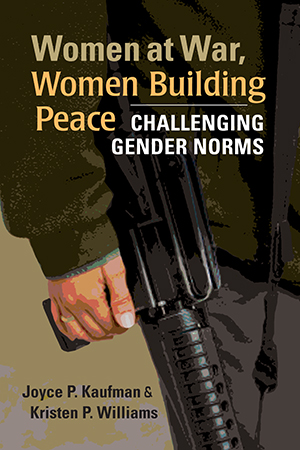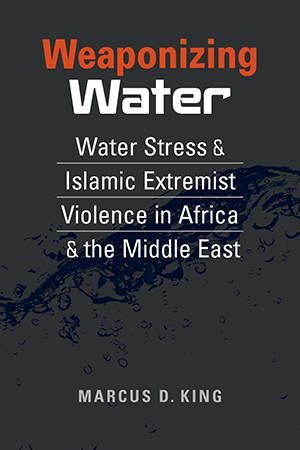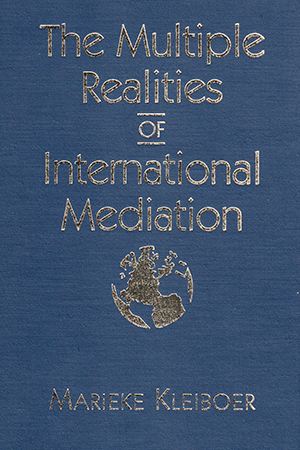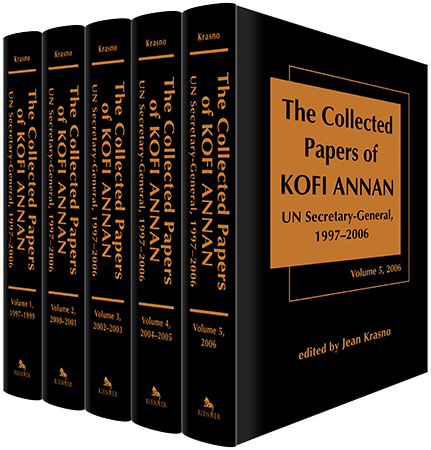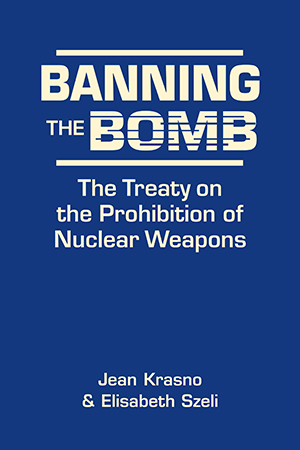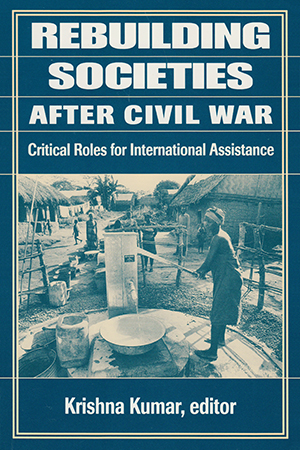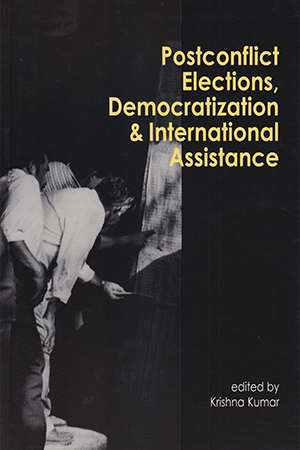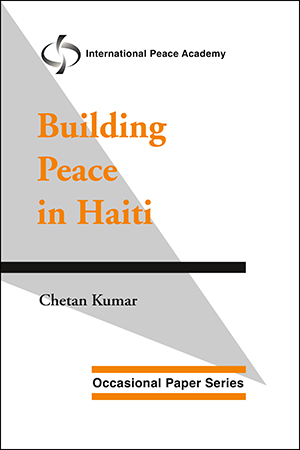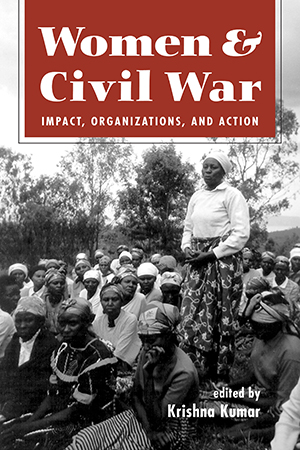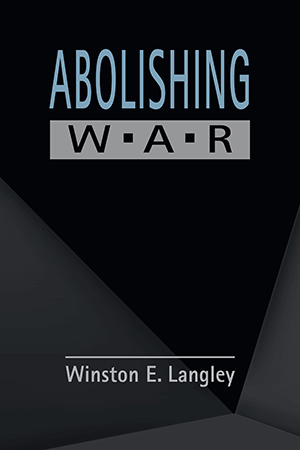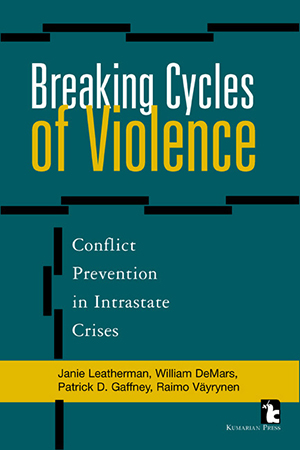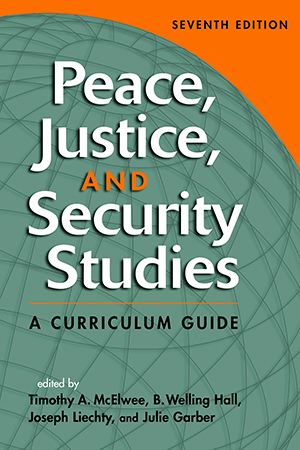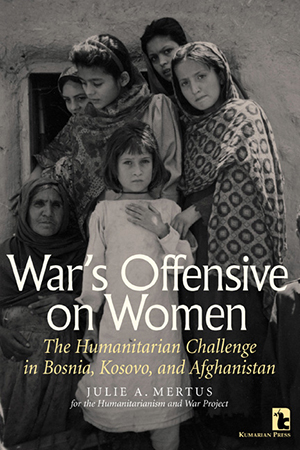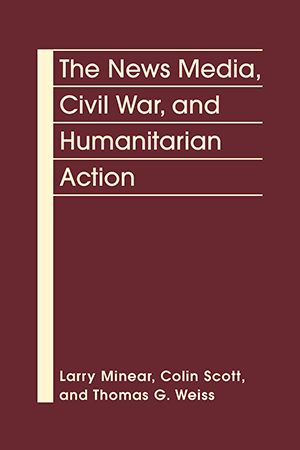Peace and Conflict
During times of civil conflict and war, why do some women turn to militant action while others seek peaceful resolutions? And why does the answer matter? Tackling these questions in their More >
Drought, lack of access, poor quality … water supplies are in jeopardy across Africa and the Middle East. These same areas are rife with conflicts involving Islamic extremist groups. More >
Recent experiences have demonstrated once again the complexities of brokering an end to deep-rooted ethnic and international conflicts, as well as the difficulties of evaluating the outcomes More >
The thousands of documents in this five-volume set illuminate the complexity and texture of the workings of the United Nations as they trace the activities of Secretary-General Kofi Annan More >
Frustrated by the abrogation of promises by nuclear weapons states to disarm, countries that have foregone nuclear weapons joined forces with key members of civil society in efforts that More >
With civil wars and internal violence on the rise over the past two decades, bilateral donor agencies, intergovernmental organizations, and NGOs have been playing an increasingly critical More >
On the Humanitarian Times list of the Top Ten Books of 1998! With the resolution of intrastate conflicts in Africa, Central America, and Southeast Asia, and with new hope for the peaceful More >
Though its national life often has been characterized by violence, Haiti has not been victim of a full-fledged internal conflict, or civil war. Why, then, is the international community More >
Women typically do not remain passive spectators during a war, nor are they always its innocent victims; instead, they frequently take on new roles and responsibilities, participating in More >
Is it possible to abolish war? This is the fundamental question animating Winston Langley's new book. And, though many will disagree, it is a question to which the author is persuaded More >
In this first comprehensive and critical account of the development of Johan Galtung's thought, Peter Lawler places Galtung's work in the context of past and contemporary debates in More >
Breaking Cycles of Violence studies how the international community, working with local partners, can effectively pinpoint key breaking points and target resources for societies at risk of More >
Fully revised to reflect the realities of the post–September 11 world, this acclaimed curricular reference provides a comprehensive review of the field of peace, justice, and security More >
Julie Mertus explores, with cautious optimism, the progress that has been made in incorporating women and responding to gender issues in the process of dealing with humanitarian crises. More >
The civil wars that have been prominent features of the first post–Cold War decade have revealed a close and active relationship among the news media, governments, and humanitarian More >


